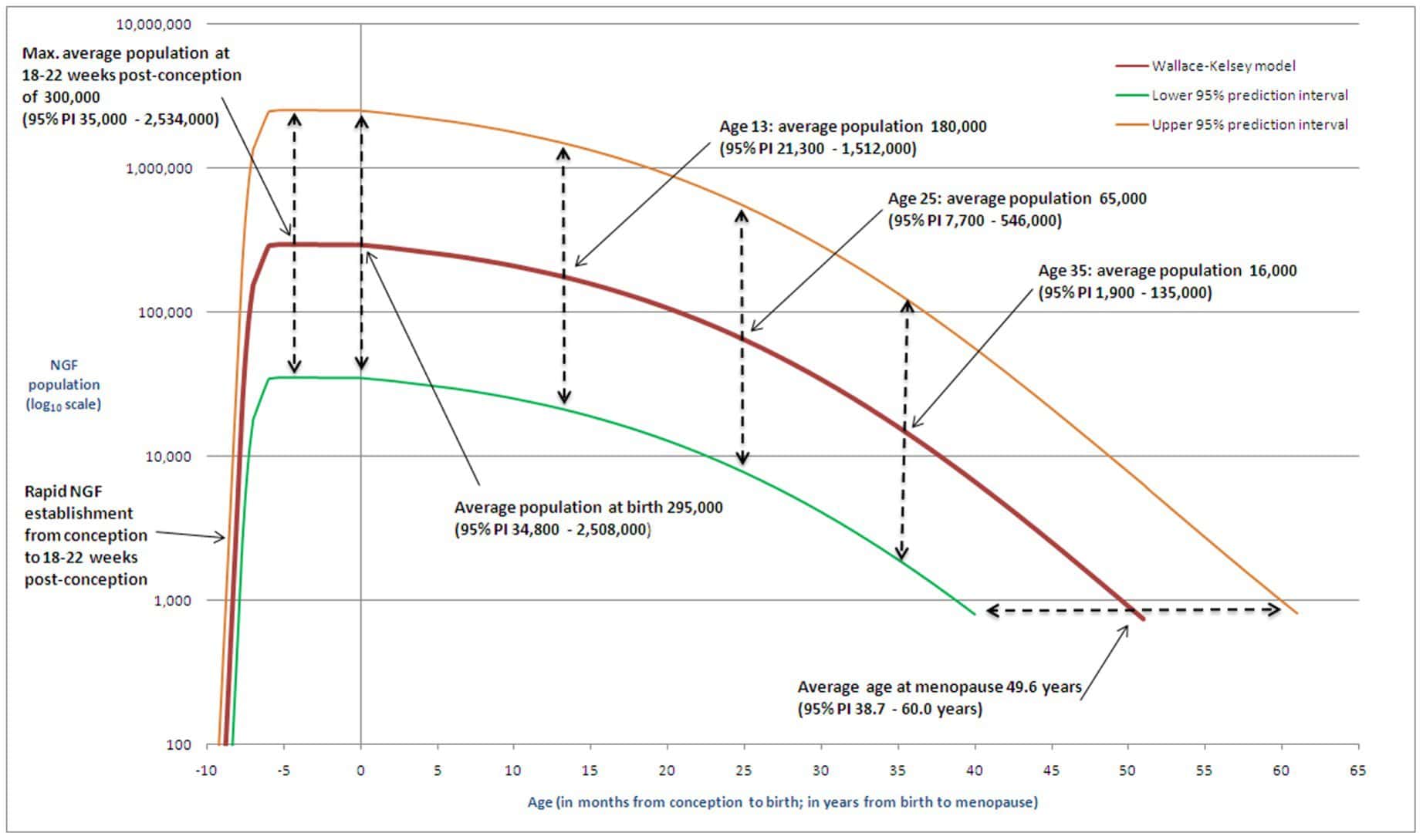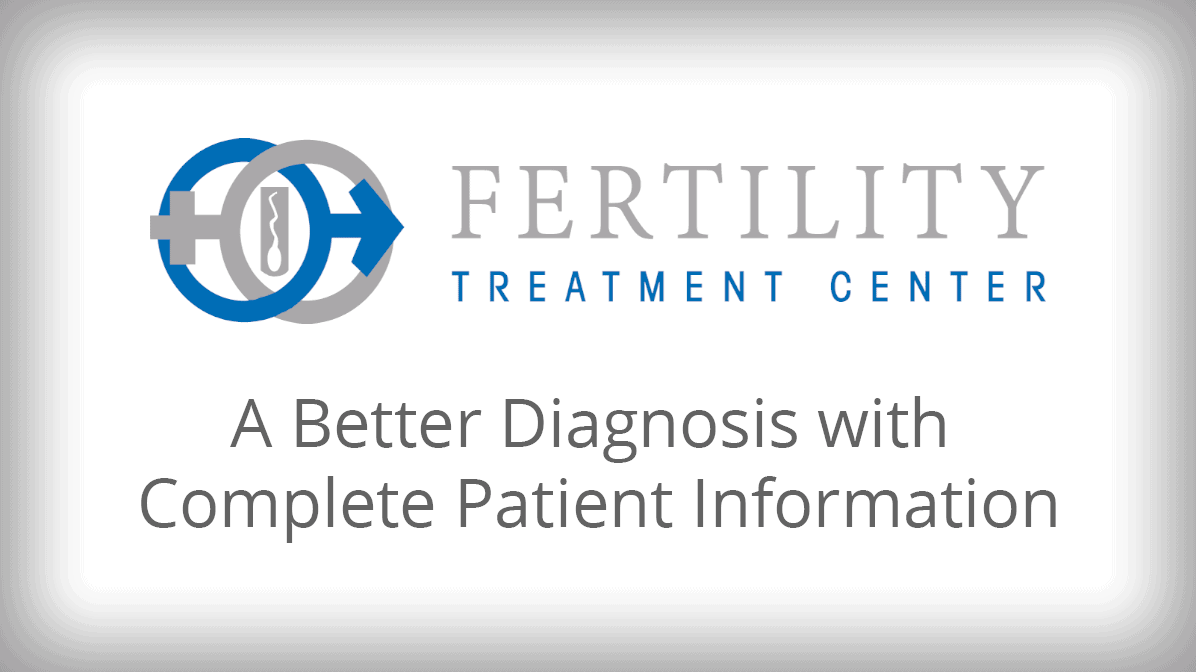If you are wondering if you’ve been trying “long enough,” here are some things to consider.
Our doctors recommend you consult a fertility specialist if:
- You’ve been trying to conceive for a year with no luck. That’s if you are under 35. If you are 35 to 39, seek help after 6 months. If you are 40 plus, don’t wait longer than 3 months. Infertility rises significantly with age.
- You’ve had two or more miscarriages. Sometimes infertility issues don’t affect your ability to conceive, rather your ability to carry a pregnancy to term. A fertility specialist can help.
- You have irregular or absent periods. This is a red flag signaling possible ovulation issues. The good news is, many times these can be resolved through basic fertility treatments, including medication.
- You have had previous pelvic surgery. This might include ovarian cyst removal, endometrial ablation, ectopic pregnancy, tubal surgery or a ruptured appendix.
- You have severe menstrual pain. This can be a sign of an undiagnosed condition that can affect your fertility.
- You have been diagnosed with endometriosis. This condition, in which the uterine lining begins to grow outside the uterus and on the pelvic organs, is a leading cause of infertility.
- Your partner has a history of infertility. Sometimes infertility is caused by male factors, including abnormal sperm, insufficient sperm count and erectile dysfunction.



